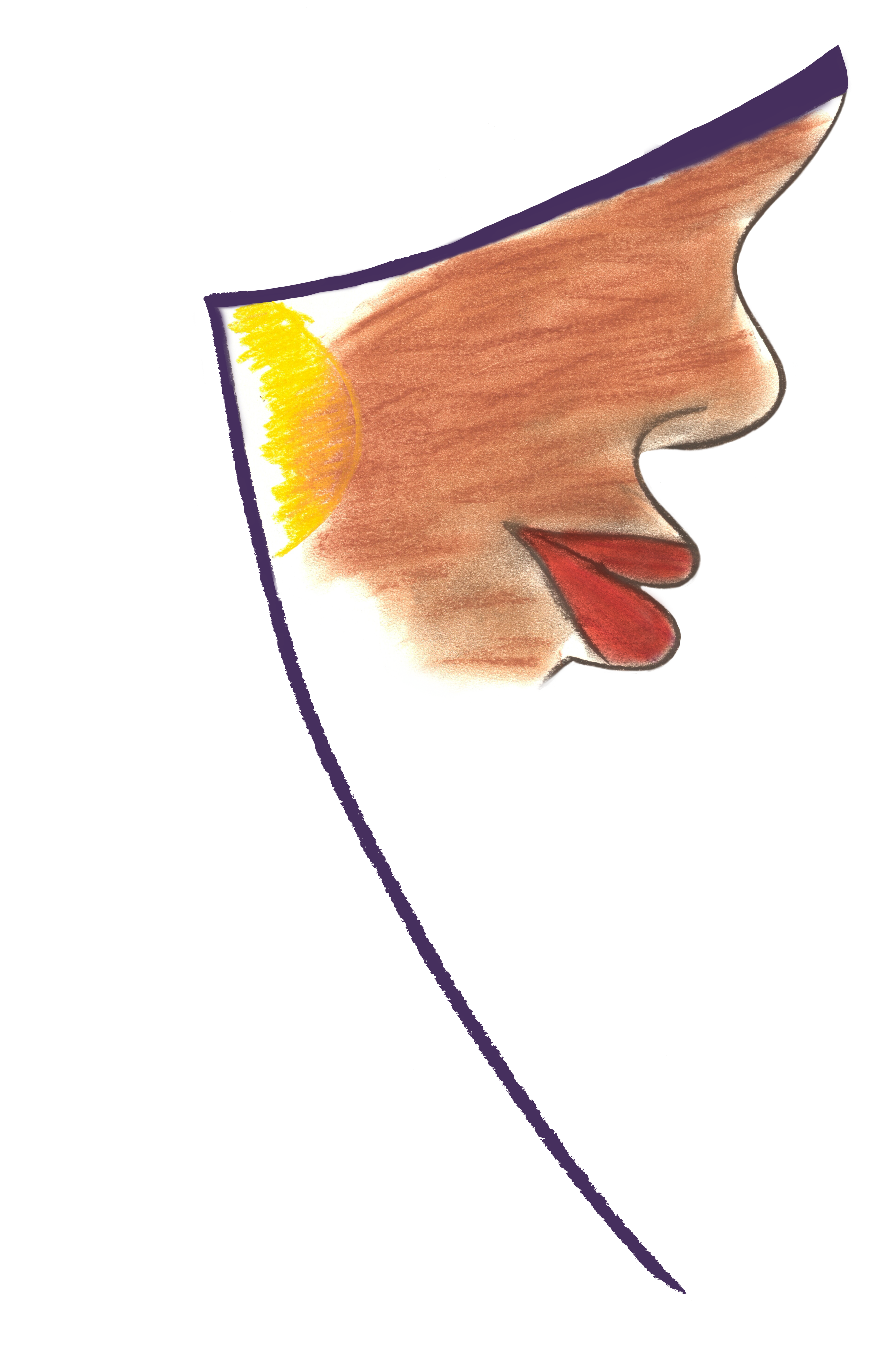al-Mujadilah
Curator's Notes:
One day, not long after my mother transitioned, I was looking at her thick Qur'an, a well-used Yusuf Ali translation with an aged green cover. It was her first Qur’an. At random, I chose one of the strips of paper she had bookmarked different pages with and it opened to sura al-Mujadilah or The Advocate (my interpretation). The chapter gets its name from Khawla bint Tha'labah, who advocated with the Prophet Muhammad (s) for her heart. Her husband had divorced her through an unjust practice called zihar. So she went to the Prophet requesting divine resolution and God revealed: God has indeed heard (and accepted) the statement of the woman who pleads with thee concerning her husband and carries her complaint (in prayer) to God and God (always) hears the arguments between both sides among you: For God hears and sees (all things) [translation:Yusuf Ali]. Umi was generous with her love and advocated for her heart, but she, like so many Black women, was not heard. Most dismiss Black women, as if we are trifling things or as if our pain is our fault. Most – except for the Sistren (a term I get from the Rastafari) who join God in hearing al-Mujadilah. Reading that day, almost as if for the first time, I knew I had to share Umi's stories and other stories of al-Mujadilah; the love she gives, the heartbreak she receives and the sistren that hold her down.
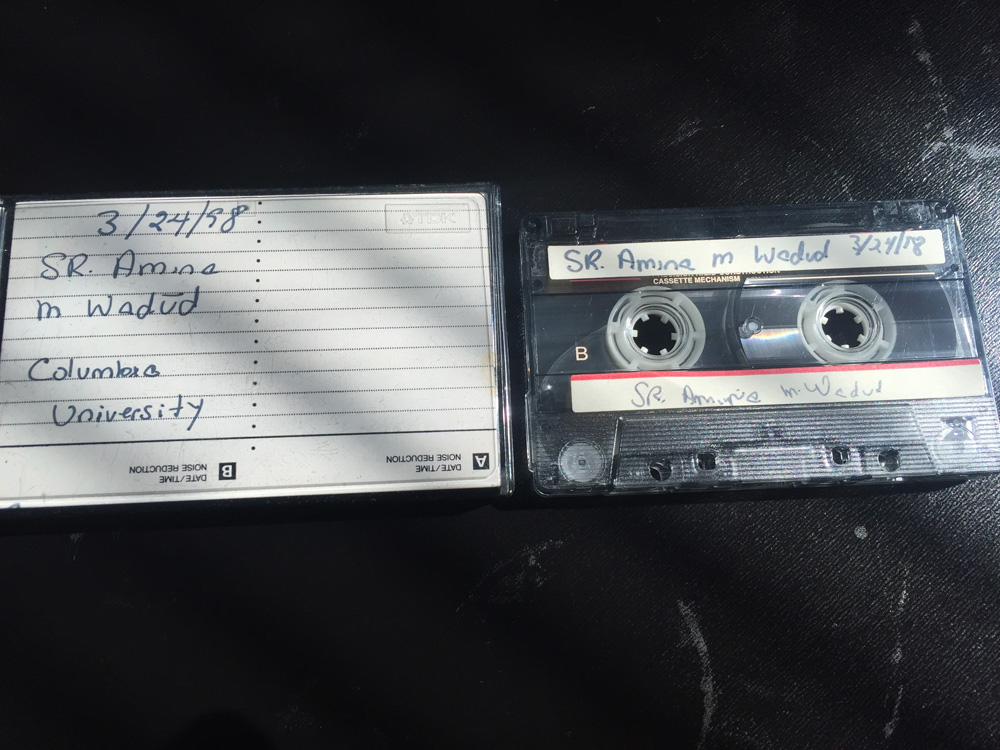
- al-Mujadilah
- 1976 - 2020
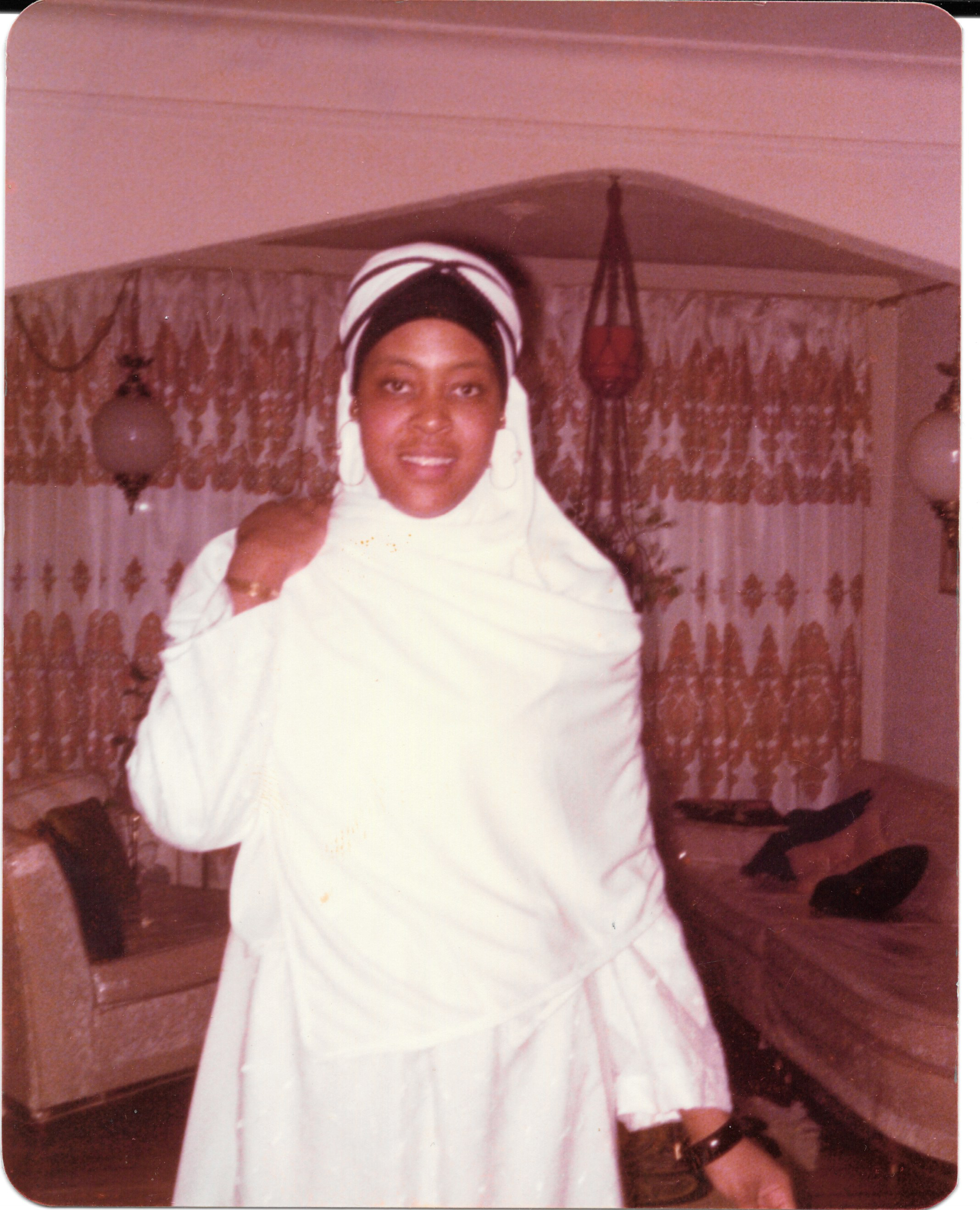
- Love
- 1954 - 2009
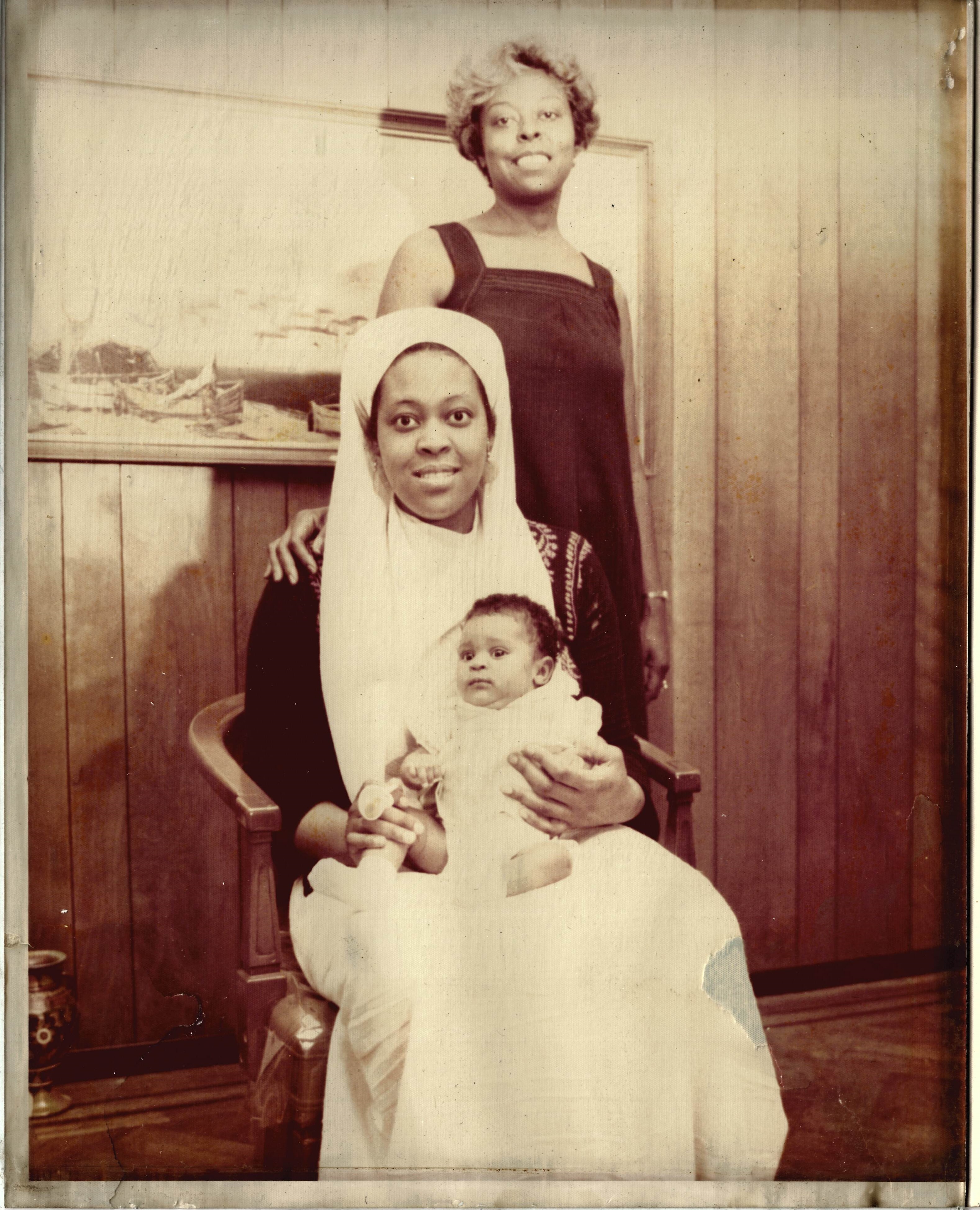
- Heartbreak
- mid-1970s - 2015
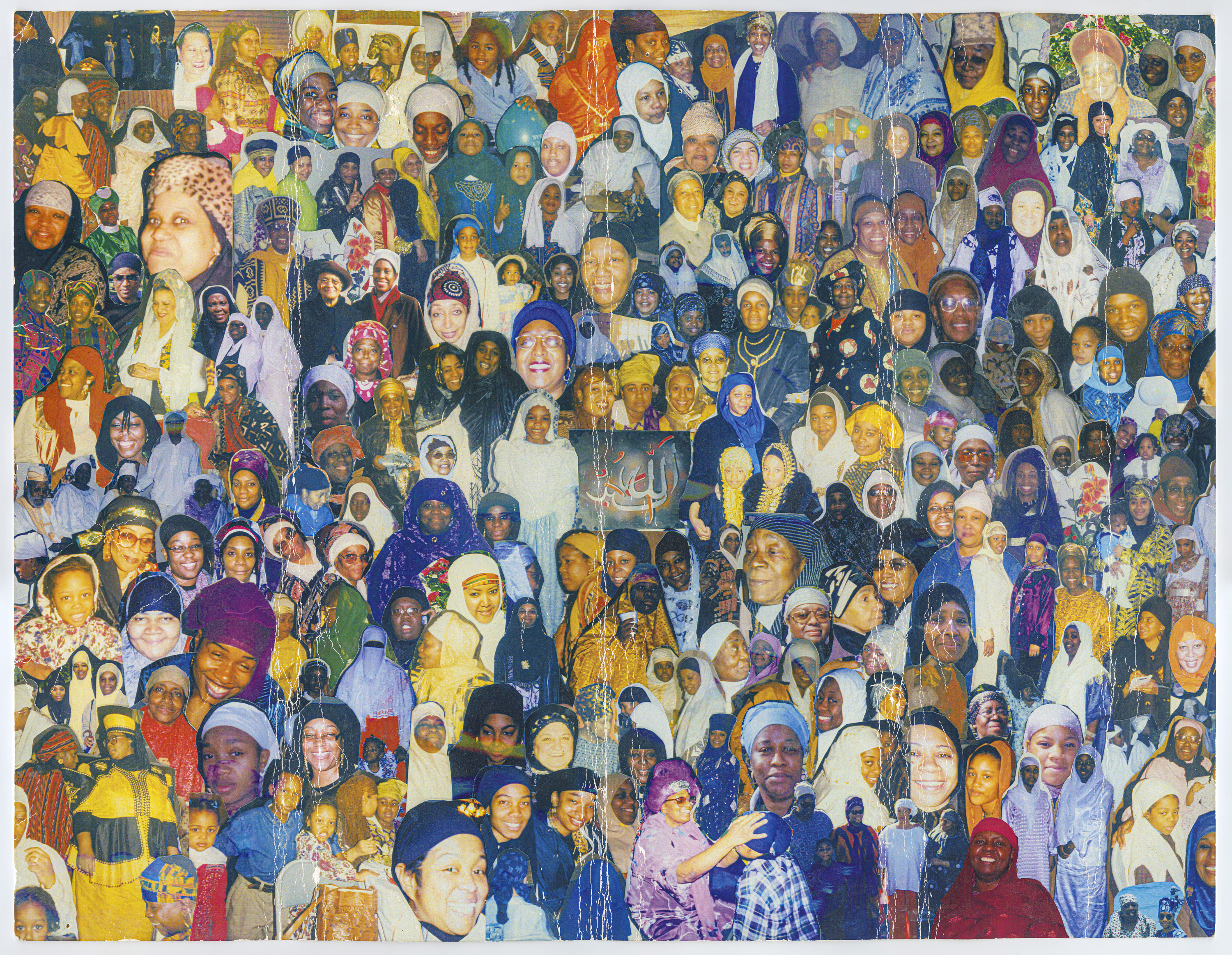
- Sistren
- 1975 - 2017
- Livestream
- In this special livestream, curator Su’ad Abdul Khabeer talks with Dr. amina wadud about Umi’s 1998 recording of her lecture “A new Hajar Paradigm” and its legacy.
- Performance
- 2021
